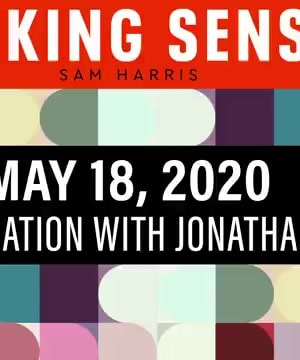Negative Partisanship
Sources:
Negative partisanship describes a political dynamic where individuals primarily vote against the opposing party or candidate rather than in support of their own. This phenomenon has become increasingly influential in elections.
Key Insights from Experts:
-
Jonathan Haidt on Negative Partisanship: He explained that since 2004, political strategies shifted from moderating positions to inflaming base voters. This change, demonstrated in Karl Rove's strategy for George W. Bush, emphasizes high turnout by leveraging social issues like gay marriage. Haidt noted that Trump's 2016 win was a result of negative partisanship, where people voted against Hillary Clinton more than they voted for Trump 1.
-
Ezra Klein and Mike Podhorzer's Discussion: They discussed negative polarization's impact in modern politics, highlighting that voters are driven more by fear and anger towards the opposing party. This strategy has been particularly effective for Democrats post-Trump, as they focus on driving anti-Republican sentiment rather than relying on positive appeal 2 3.
-
Lynn Vavreck and John Sides on Emotional Polarization: They highlighted how negative feelings towards the opposing party have intensified, despite stable feelings towards one's own party. Republicans and Democrats often exaggerate the demographics and values of the opposing party, leading to reinforced stereotypes and deeper divisions 3.
-
Pod Save America Team: They discussed how high partisanship negatively impacts elections. Biden's campaign moments that showed energy and sharply contrasted with Republican actions were most effective. This "fiesty" approach against GOP stances on issues such as book bans and abortion laws helped gain support despite concerns about Biden's age 4.
Negative partisanship has thus redefined electoral strategies, with campaigns increasingly focusing on emphasizing the perceived threats posed by the opponent.
RELATED QUESTIONS-

